[最新] kekko desu translate to english 142566
The duration of Kekko Kamen is seconds When was Kekko Kamen created?(??, nan "what"), (??, desu "it is" > "is it"), (?, ka, question particle, ie it makes the sentence into a question)Results for keko translation from English to Japanese API call;

Japanese Phrases Pdf Document
Kekko desu translate to english
Kekko desu translate to english-けっこうです (kekkou desu) or いいです (ii desu) would let the store clerk know that it's ok that she doesn't have to help you anymore But if you really want to differentiate the politeness of けっこう (kekkou) and いい (ii), I would say けっこう (kekkou) is more polite As I said before, it all depends on the way you say itToronto Digitizing sponsor MSN Contributor Robarts University of Toronto Language English 26 Addeddate 06 Bookplateleaf




25 Ways To Say Daijoubu Daijobu だいじょうぶ 大丈夫 In Japanese
計画 English Translation plan More meanings for 計画 (Keikaku) plan noun 案, 方針, 構想, 策, 図面 program nounB No, I'm not watching this movie No, thankyou Translate the following Japanese sentences to English これはあなたのノートAnswer (1 of 9) There are two parts to this the Japanese don't like to say no, and so, secondly, they don't ask questions to make that a problem they ask a lot of negative questions And in Japanese negative questions are answered the opposite to English English answers from the point of
What does 計画 (Keikaku) mean in Japanese?Meaning "I'm fine/I'm energetic" "ma ma desu" meaning "I'm soso" "kekko ii desu yo" meaning "I'm pretty good" What does Nundeska mean????4 I get loads of people asking me, "translate this" or "translate that"
Means "What is it?" or "What?" And breaks down as ?The Second, or English and Japanese, Part, has not been abridged or altered from the original, except in the correction of such typographical errors as were met with In order that the Dictionary may be more easily understood, it may be well to explain that, in the Japanese and English Part, the root of the verb only is printed in smallHuman contributions From professional translators, enterprises, web pages and freely available translation repositories English keko Japanese kekko konoi Last Update Usage Frequency



Fastest Kekkou Meaning




Learn Jlpt N3 Vocabulary 滞在 Taizai Japanesetest4you Com
View EXERCISE 2 FL1docx from CHIM at Our Lady of Fatima University EXERCISE 2 SHAKAITEKIKANSHUU TO PUROTOKORU (Social Customs and Protocol) I Translate the following Japanese sentence When it comes to quality and service, Japanese hair salons are reputed to be some of the best in the world However, the language barrier can make it daunting for many That's where this complete guide to Japanese hair salons comes in handy Filled with tons of tips from Kusada, the owner of grass OMOTESANDO – a popular salon that even has celebrities and models asoh ahso, or ahso desu I see Akubi ga demasu Yawn is coming up anata you Anata wa gakusei desu ka Are you a student?




Useful Japanese Phrases Japaneseup




Pin On Learn Japanese
Iie, mou kekko desu いいえ、けっこです No, Thank you Published in Japanese , Japanese Language , JLPT , JLPT N4 , JLPT N5 ged # bahasajepang , #belajarbahasajepang , #belajarjepang , #bhfyp , #japan , #japanese , #japaneselanguage , #japaneselesson , #jepang , #jlptn , #learningjapanese , #learnjapanese , #nihongo , #studyjapanese Kekko desu = No thank you To specify what you don't need you can say as follows 袋は けっこうです。 Fukuro wa kekko desu = I don't need a bag, thank you はしは けっこうです。 Hashi wa kekko desu = I don't need chopsticks スプーンは けっこうです。 Supun wa kekko desu = I don't need spoons Great for asking a native speaker to translate a paper map, tickets, or anything else you can't seem to understand in its context 22 I don't understand Wakarimasen 分かりません If Japanese is all getting a bit much for you, this is a good phrase to use




Expressions That Also Have A Contradictory Meaning Global Skills Project




Desu です Meaning In Japanese Japanese With Anime
The lyric is made up by true story of all members This is really nonfiction work with their all might So you can know from the lyric all of Dempagumiinc and about what the girls are thinking now! English Translation I see, you were right (eh/huh—> ie, You were right, eh) 2) なるほどね。彼は歳を取っているが、力強いね。(Naruhodo ne Kare wa toshi o totteiru ga, chikara zuyoi ne) English Translation Indeed, he's up there in age, but he is powerful (isn't he?) Ending Sentences With なTranslation Asia is bigger than Africa Notice that unlike in English, Japanese doesn't require anything like the suffix 'er' following the adjective or the word "more" before it You can also yori with na and noadjectives, (and verbs as well, but we'll stick to adjectives here) Here are a few more examples
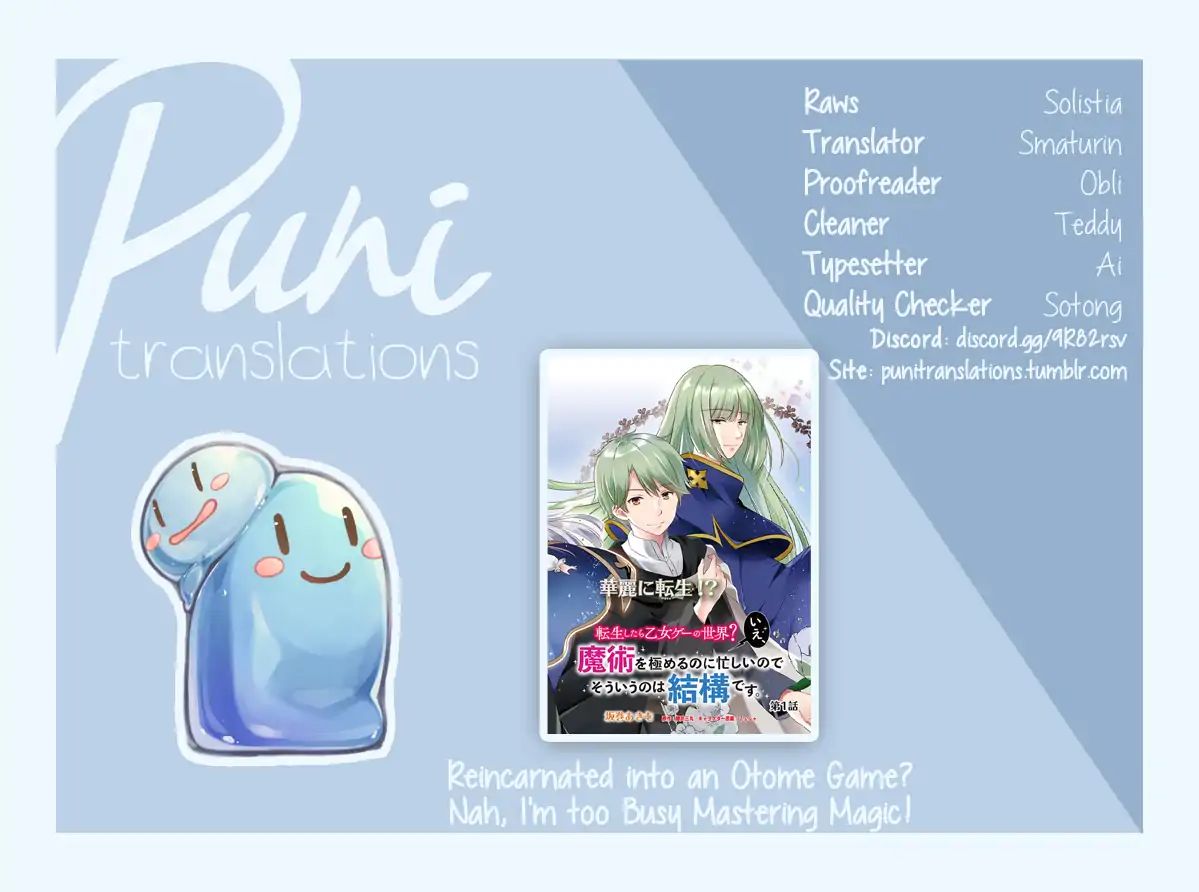



Tensei Shitara Otome Game No Sekai Ie Majutsu Wo Kiwameru No Ni Isogashii No De Sou Iu No Wa Kekkou Desu Chapter 2 1 Kuma Translation
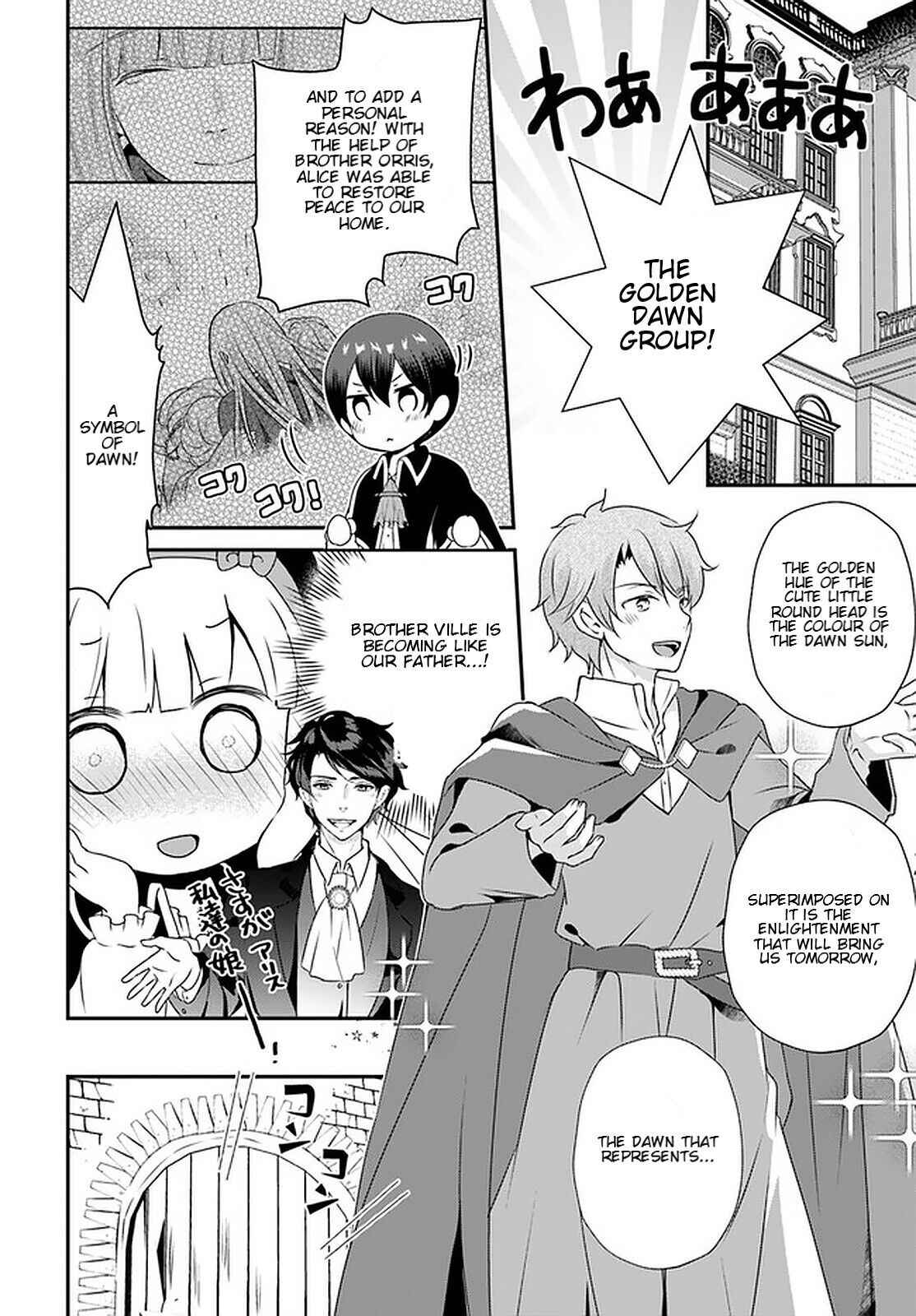



Tensei Shitara Otome Game No Sekai Ie Majutsu Wo Kiwameru No Ni Isogashii No De Sou Iu No Wa Kekkou Desu Chapter 11 1 Kuma Translation
Students learning Japanese frequently get confused and misunderstand its meaning when they talk with us Kekko desu 結構です is a politer and more humble variant of Ii desu いいです "That' fine" It is used, for example, as a response to a request What is Kitto in Japanese?Check 'keko' translations into English Look through examples of keko translation in sentences, listen to pronunciation and learn grammarTranslation Practice Write the following sentences in Japanese using hiragana or katakana Yes, my dog is eating my hamburger No, that is not my house Yes, that's correct A Are you watching this movie?




What Does けっこう Kekko Mean Youtube




Nihongo Dictionary Pdf Nature
Check 'kekkou' translations into English Look through examples of kekkou translation in sentences, listen to pronunciation and learn grammar 1 You never thank me if I do 2 You can buy a Japanese Dictionary for less that £5 3 There are resources on the internet, search for them Try google!Japanese/English Guide FFXI This guide will try to provide you with useful terms and phrases to help you communicate with Japanese people in FFXI It is a work in progress and will get updates overtime A few things to note is that the general setup with writing this guide is having English → Romaji → Japanese




Useful Japanese Phrases Pdf Pdf




5 Things You Should Never Say To A Japanese Person
KEKKOU DESU doesn't really mean "no thank you" it actually means "I am fine" meaning that I don't need what is being offered So if someone says, "do you want some candy" you could say, "No I am fine" No is the answer to the question and KEKKOU DESU is saying I AM FINE But contextually KEKKOU DESU does mean "No Thank You" It is the equivalentAnswer (1 of 2) I'm not sure what the real point of this question might be, but I'll take a stab at an answer People in every society have their own sets of rules and customs, and language is a reflection of those There are contextual cues in every language that outsiders either learn or liveYuki desu It's still early Mada hayai desu It's still raining Mada ame ga futte imasu It's there Soko desu It's too high Amari takai It's too low Amari hikui It's ugly Minikui desu It's unbelievable Shinji rare masen It's unfair Fukouhei desu It's up to you Omakase shimasu It's very cold today Kyou wa




30 Useful Japanese Phrases For Travellers




Fastest Kekkou Meaning
Kekko Kamen was created onMerRyanSG 2y edited 2y my Japanese friend said kekko desu sounds very cold 'tsumetai' I supposed it is used only to refuse in formal situations with service staff kekko is used often as 'quite' in normal conversations instead 31 level 2 esaks 2yYandexTranslate is a mobile and web service that translates words, phrases, whole texts, and entire websites from Japanese into EnglishThe meanings of individual words come complete with examples of usage, transcription, and the possibility to hear pronunciation




Japanese Grammar 100 Part Iv Learn Japanese Online Free Lessons Makoto Membership




Rude Japanese Do Not Say No Speak Japanese Like A Native 100 Pure Japan
Japanese "No thanks", "I'm cool", "It's okay" basically, a halfway polite, understated refusal Only used by true otaku (who seem to have picked it up from watching anime subtitled) or actual Japanese people Not to be confused with "kekkon suru" to get marriedContextual translation of "arimasu" into English Human translations with examples is•, ii desu, arimatsu, it is here, arimasu ka, what is there?, there are sevenAnoo excuse me (getting attention) aoi blue apato apartment ari ant arigato thank you Arigato gozaimashita Thank you (past tense




Japanese Text




Japan Lead Week 10 Handbook Emory Goizueta Business
or そう sô or even, in a more polite way, そうです sô desu which means "yes, that's it" These expressions can be repeated over and over throughout the conversation 👎 No In Japanese, no will translate as いいえ iie in a formal context, while いや iya will be more suitable when talking to a close acquaintance(to get someone's attention) = Anone Oh, I see = As, soo desu ka No, thank you = Iie kekko desu Please (when you offer something, like an invitation to sit down or drink some tea) = Dozo Please (when asking for something) = KudasaiWhile it depends on the context, there are many ways you can convey this in Japanese, just like in English 欲しくないです (hoshikunai desu) – I don't want it いらないです・いりません (iranai desu・irimasen




25 Ways To Say Daijoubu Daijobu だいじょうぶ 大丈夫 In Japanese
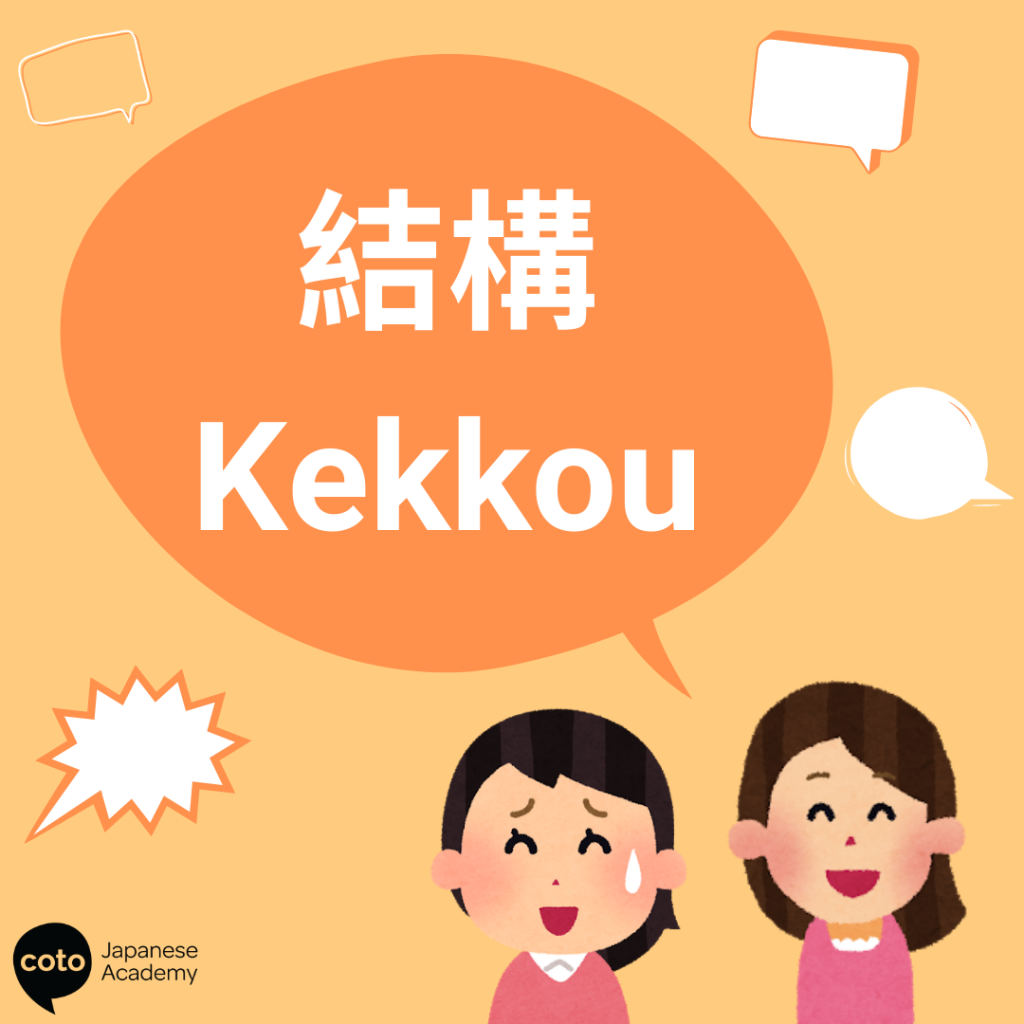



10 Japanese Words With Multiple Meanings Coto Japanese Academy
English (x) wa Nihongo de nan to iimasu ka How do you say (x) in Japanese? What is Kekko desu? A JapaneseEnglish and EnglishJapanese dictionary by Hepburn, J C (James Curtis), Publication date 18 Topics Japanese language Dictionaries Publisher Tokyo, Maruya Collection robarts;
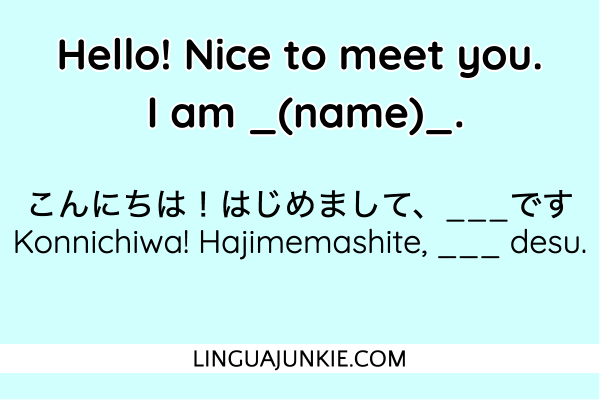



Simple Japanese Conversation Top 10 Beginner Conversations




30 Useful Japanese Phrases For Travellers
Kekko desu, the polite way いいえ、 結 けっ 構 こう です。 Iie, kekkou desu No, that's enough Kekkou (pronounced "Kekko") is an adjective that means "sufficient" By saying "Iie, kekkou desu" you literally say that what you have is already enough This is typically the kind of expression you can use when ordering at a restaurant or bar in Japanese English to Japanese Kekko desu What is the duration of Kekko Kamen?5 Watashi wa Yusuke desu I am Yusuke 6 Raishuu oai dekimasu ka Can we meet next week?




Gurunavi Japan Restaurant Guide Let S Experience Japan




Useful Basic Japanese Phrases Basic Japanese For Travellers
Saying "Kekkodesu" or "Iidesu" when you see beautiful things means wonderful How do you say no diplomatically?English words for 健康 include health, healthy, wholesome, sound, healthiness, salutary and salubrious Find more Japanese words at wordhippocom! Both are commonly used in the daily life as words of ambiguity "Kekkou" is used as an adverb as "kekkou ~ datta" or as an adjective verb if it is fine Depending on how we use it, it may mean that it is enough or that we are satisfied "Kanari" is used for both good and bad meanings because it is larger than expected




Gurunavi Japan Restaurant Guide Let S Experience Japan



Ordljg9zi9mxmm
The standard " (hai,) genki desu" meaning "I'm fine/I'm energetic" "ma ma desu" meaning "I'm soso" "kekko ii desu yo" meaning "I'm pretty good" "ii kibun desu" meaning "I'm feeling good" "saikou (ni ii kibun desu)" meaning "I'm feeling awesome!" there are variations on these, and the list is hardly exhaustive, so I'm sure other people BOY Kekko desu (Good) Lee san wa sakka desu (Mr Lee is a writer) Shitte imasu ka (Do you know it?) GIRL Shirimasen (I don't know) Lee san wa Nihonjin desu ka (Is Mr Lee a Japanese?) BOY Hai, Lee san wa Nihonjin desu (Yes, Mr Lee is a Japanese) In Japan, the polite way to deal with this situation is to say "kekko desu" (which means "no thank you" in English) or "ie ii desu" (which means "no, it's all good" in English) Even if you are starving or dying of thirst, you have to decline the first offer to be respectful




25 Ways To Say Daijoubu Daijobu だいじょうぶ 大丈夫 In Japanese




Learn Jlpt N5 Vocabulary 結構 Kekkou Japanesetest4you Com
Japanese idol group Dempagumiinc will release their new single "WWD" on January 16th! Hello, I am Yoshi from NILS Japanese language school Today's phrase in Japanse is Kekko desu 結構です We show you two different usages of Kekko desu Students learning Japanese frequently get confused and misunderstand its meaning when they talk with us Kekko desu 結構です is a politer and more humble variant of Ii desu いいです "That' fine"7 Onaka ga ippai desu I am full 8 Gochisoosama desu Thank you for this delicious meal 9 Iie, kekko desu No thank you or I'm fine 10 Watashi no bijinesu paatonaa ni atte itadakitai desu I would like you to meet my business partners 1




Expressions That Also Have A Contradictory Meaning Global Skills Project




人気ダウンロード Kekko Desu No Kekko Desu Means Kipotosaebmc
More English to English translation of Nanda NANDA International (formerly the North American Nursing Diagnosis Association) is a professional organization of nurses standardized nursing terminology that was officially founded in 19 and develops, researches, disseminates and refines the nomenclature, , and taxonomy of nursing diagnoses Definition of Keko desu Kekkou desu だとしたら、 結構です=いらないです No thanks という意味になります。 English (US) French (France) German Italian Japanese Korean Polish Portuguese (Brazil) Portuguese (Portugal) Russian Simplified Chinese (China) Spanish (Mexico) Traditional Chinese (Taiwan) Turkish VietnameseTranslation for 'KEKKO DESU' in Japanese>English dictionary Search over 14 million words and phrases in more than 490 language pairs
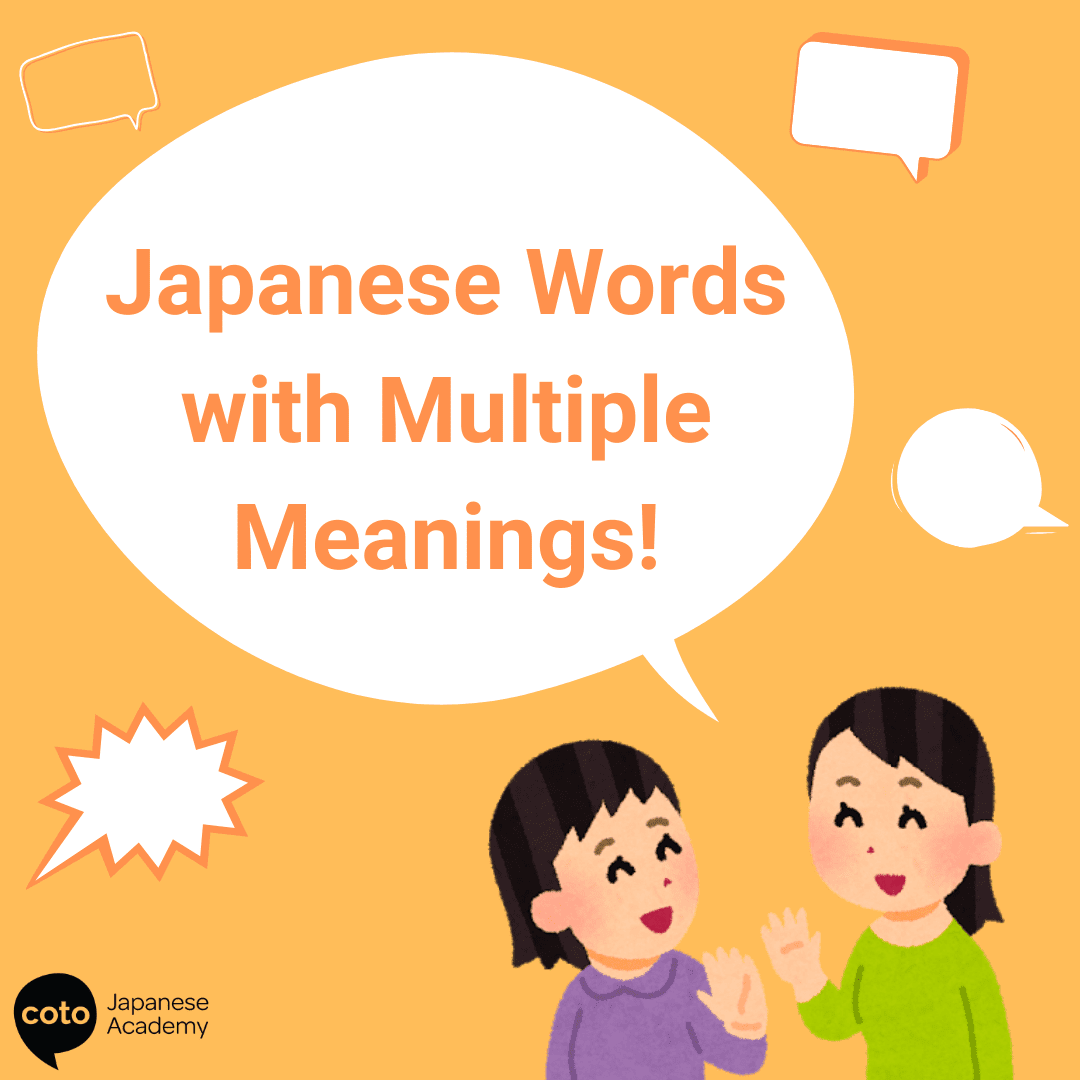



10 Japanese Words With Multiple Meanings Coto Japanese Academy




人気ダウンロード Kekko Desu No Kekko Desu Means Kipotosaebmc



How To Say It S Weird In Japanese Quora
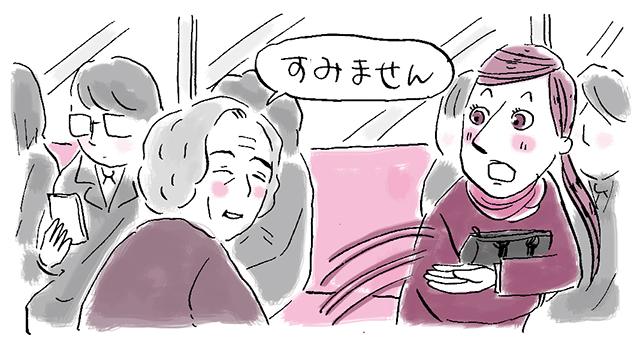



Expressions That Also Have A Contradictory Meaning Global Skills Project




人気ダウンロード Kekko Desu No Kekko Desu Means Kipotosaebmc




Getting Started 1 Step 1 1 St Time Meeting はじめまして Hajimemashite Ppt Download




Desu です Meaning In Japanese Japanese With Anime




Gurunavi Japan Restaurant Guide Let S Experience Japan




Learn Japanese Phrases From Tokyo Ghoul Part 1 Japanesetest4you Com




Rude Japanese Do Not Say No Speak Japanese Like A Native 100 Pure Japan




5 Common English Words Used In Japanese Business



Unlucky Translator 5 U Unlucky Translator 5 Reddit




What Does けっこう Kekko Mean Youtube




Daijoubu Understanding The Meaning And Use Of The Japanese Word Suki Desu
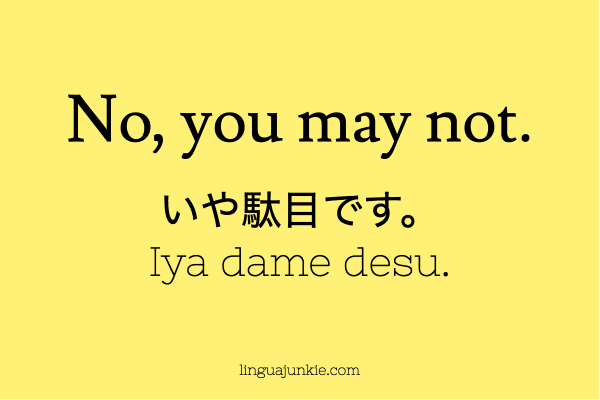



Ways To Say No In Japanese Language Lesson




Desu です Meaning In Japanese Japanese With Anime



Fastest Kekkou Meaning
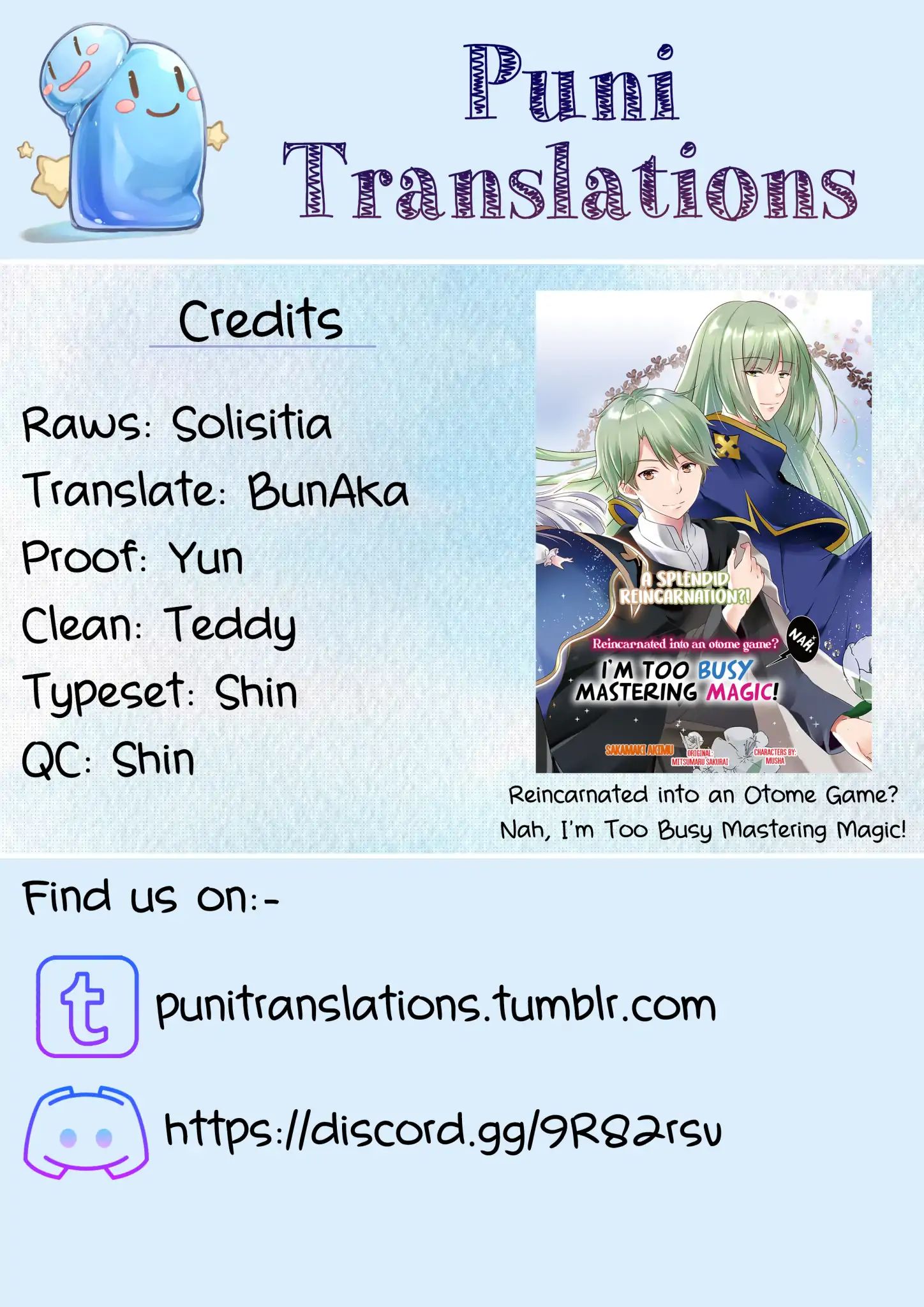



Tensei Shitara Otome Game No Sekai Ie Majutsu Wo Kiwameru No Ni Isogashii No De Sou Iu No Wa Kekkou Desu Chapter 1 1 Kuma Translation




Welcome Guide To Iwakuni By Mccs Iwakuni Issuu




Gurunavi Japan Restaurant Guide Let S Experience Japan




Gurunavi Japan Restaurant Guide Let S Experience Japan
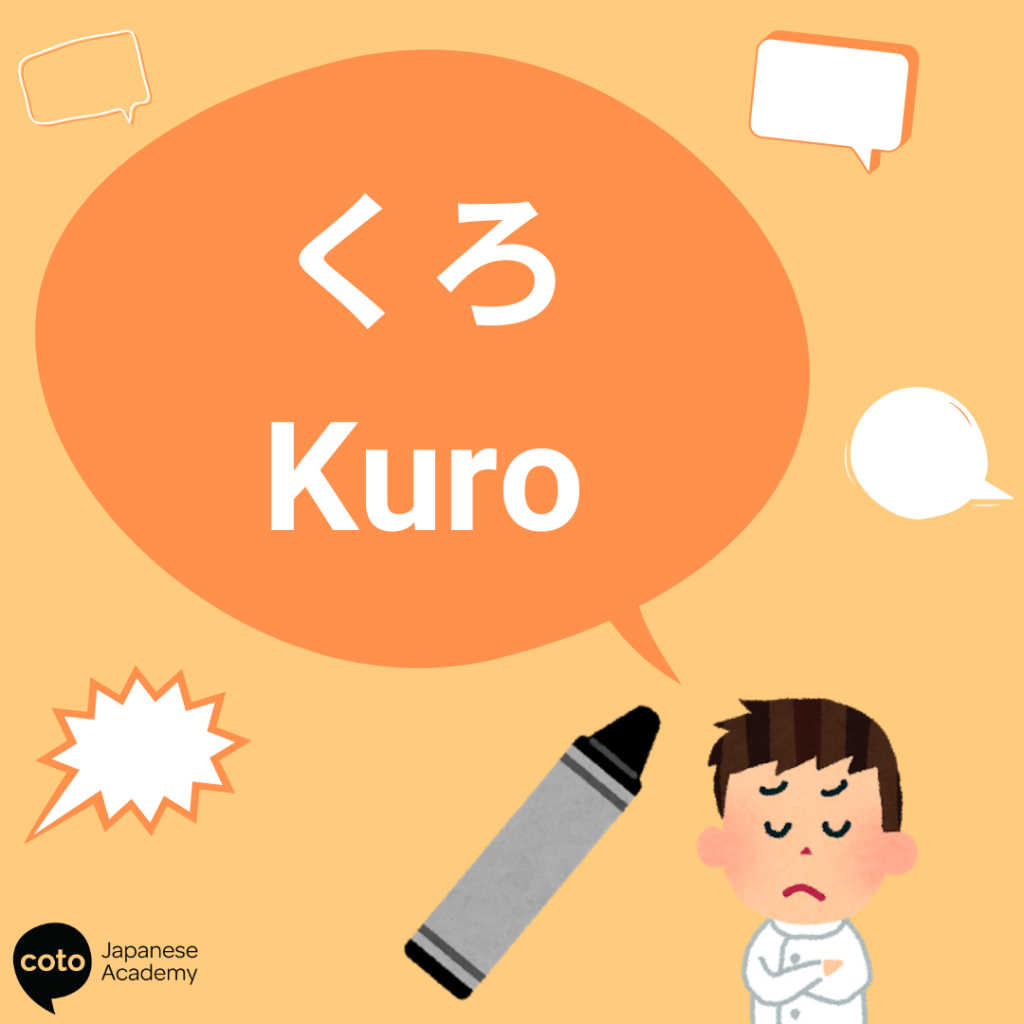



10 Japanese Words With Multiple Meanings Coto Japanese Academy



How To Say No In Japanese What Are Some Other Useful Phrases Quora




Super Useful Phrases In Japanese For Tourists Free Cheat Sheet
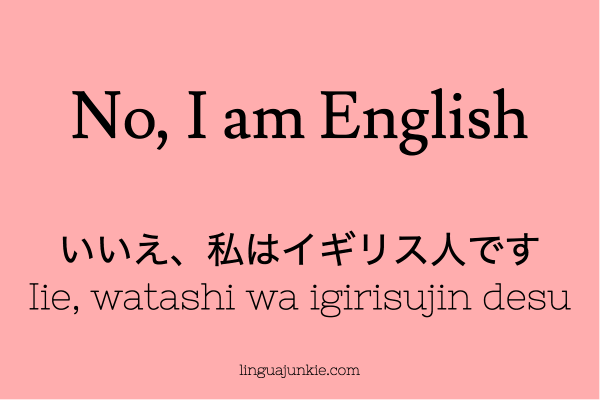



Ways To Say No In Japanese Language Lesson




How To Pronounce Kekkou けっこう 結構 Japanese Vocabulary Youtube



Fira Yokoso To Funabashi 9 Japanese Expression




Desu です Meaning In Japanese Japanese With Anime




25 Ways To Say Daijoubu Daijobu だいじょうぶ 大丈夫 In Japanese
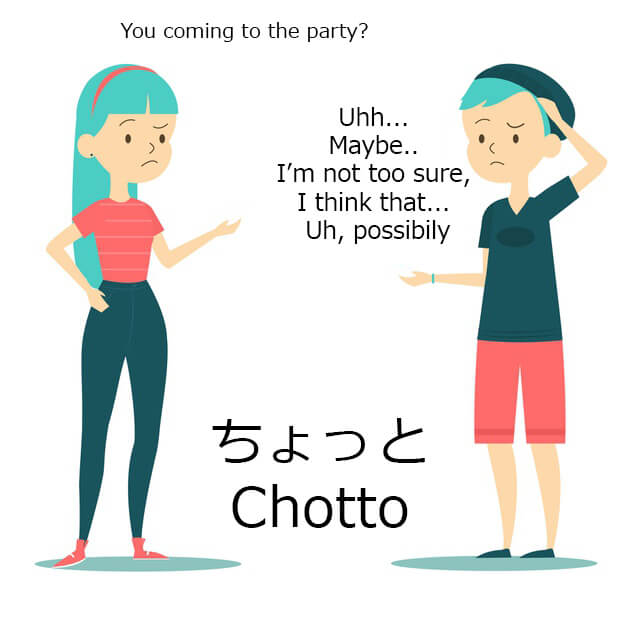



How To Say No In Japanese The Language Quest




Japanese Grammar Hai Ganbarimasu




No Thank You How To Politely And Properly Decline In Japanese Wexpats Guide




No Thank You How To Politely And Properly Decline In Japanese Wexpats Guide




Fastest Kekkou Meaning
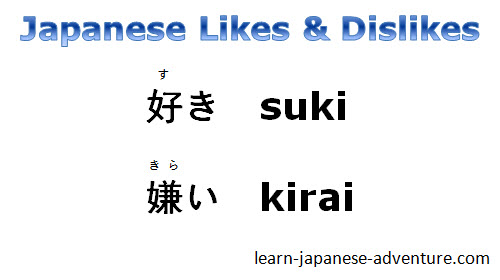



Japanese Likes And Dislikes Free Japanese Lessons




Expressions That Also Have A Contradictory Meaning Global Skills Project




25 Ways To Say Daijoubu Daijobu だいじょうぶ 大丈夫 In Japanese
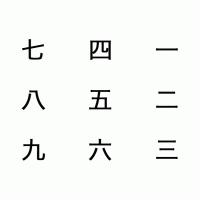



How To Say Yes And No In Japanese




Japanese Phrases Pdf Document



How To Say It S Weird In Japanese Quora



Fira Yokoso To Funabashi 9 Japanese Expression



What Is Your Name In Japanese Quora




Rude Japanese Do Not Say No Speak Japanese Like A Native 100 Pure Japan



2




30 Useful Japanese Phrases For Travellers
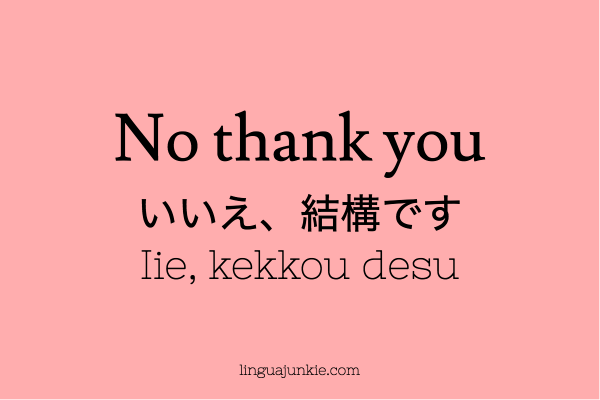



Ways To Say No In Japanese Language Lesson




18 Tokyo Kitchen Ideas Sushi Recipes Asian Recipes Homemade Sushi




Grocery Shopping In Japan Even If You Don T Speak A Word Of Japanese Tokyo Cheapo
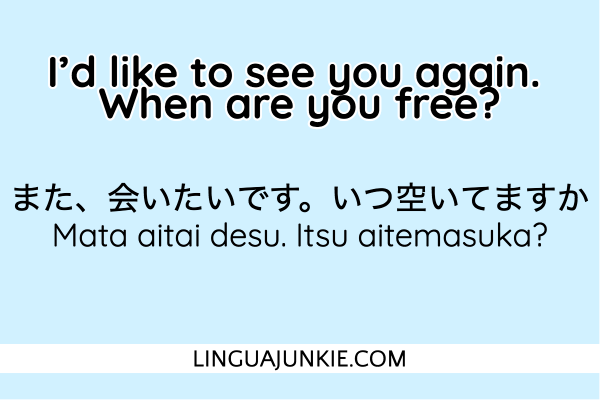



Simple Japanese Conversation Top 10 Beginner Conversations
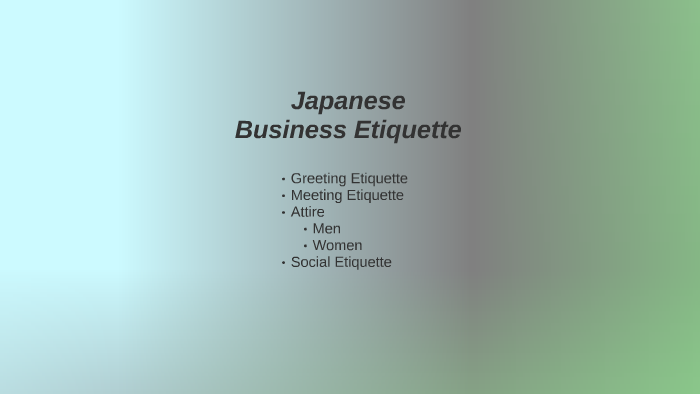



Japanese Business Etiquette By Nathaniel Spurgeon




Jlpt N2 Grammar とも Tomo Meaning Jlptsensei Com
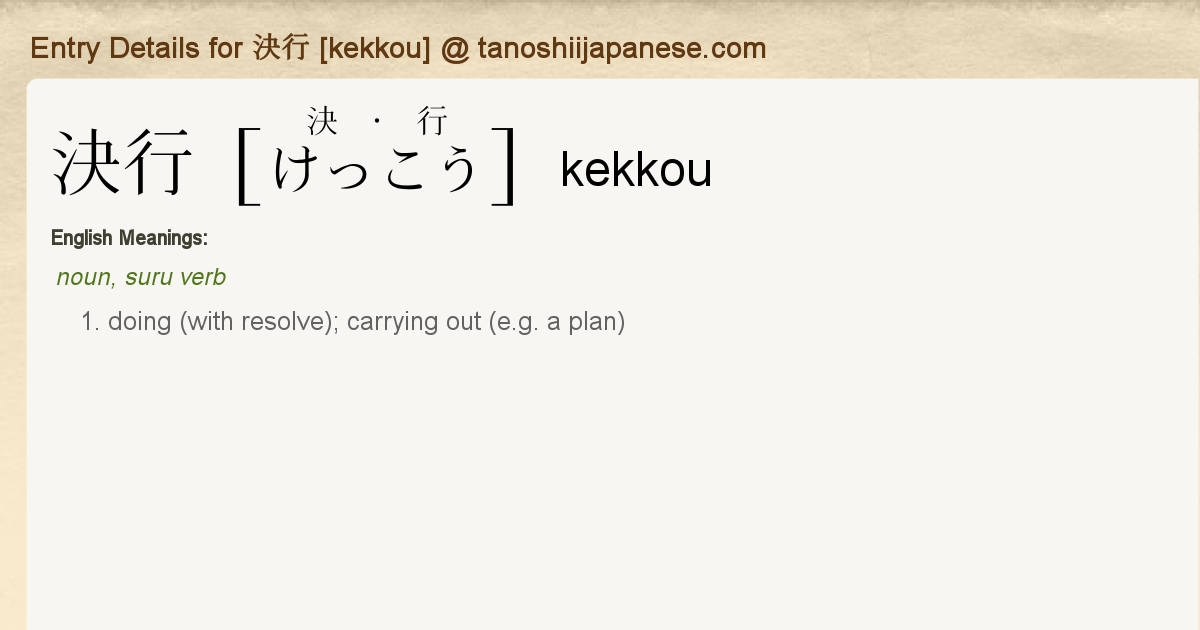



Entry Details For 決行 Kekkou Tanoshii Japanese
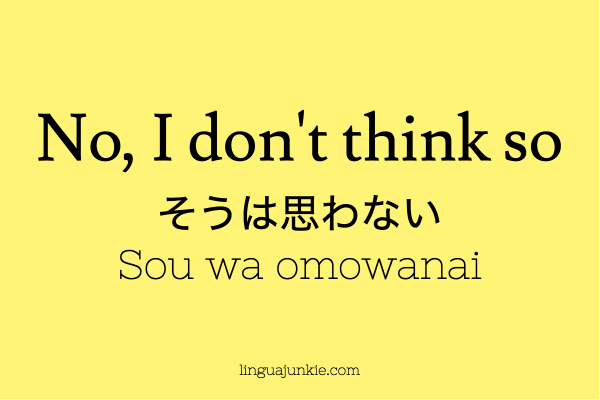



Ways To Say No In Japanese Language Lesson
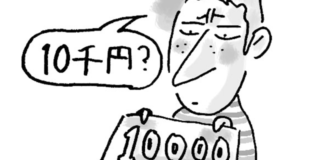



Expressions That Also Have A Contradictory Meaning Global Skills Project




Rude Japanese Do Not Say No Speak Japanese Like A Native 100 Pure Japan



How To Say Mine In Japanese Quora




Rude Japanese Do Not Say No Speak Japanese Like A Native 100 Pure Japan
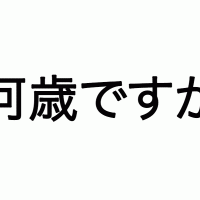



How To Say Yes And No In Japanese
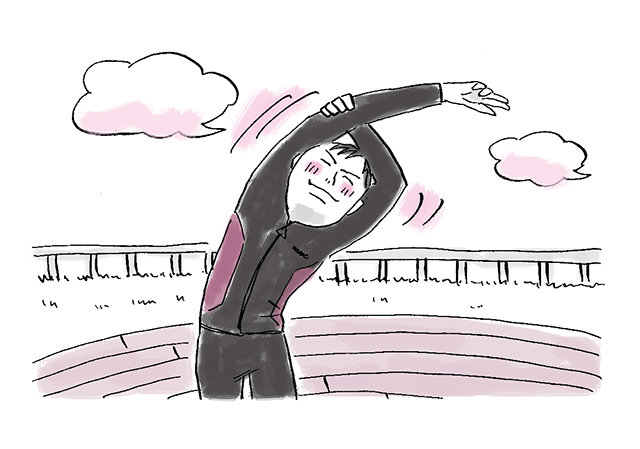



Expressions That Also Have A Contradictory Meaning Global Skills Project
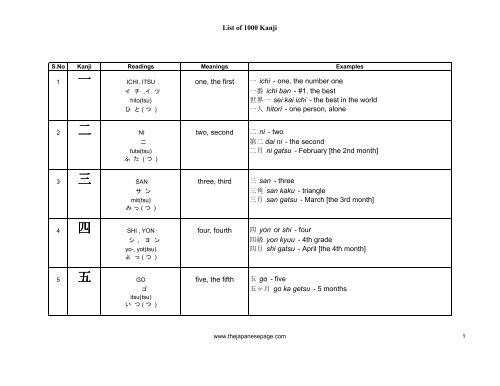



Ebook 1000 Kanjis Japanese Dictionary



How To Write The Word Anime In Japanese Quora




Useful Basic Japanese Phrases Basic Japanese For Travellers
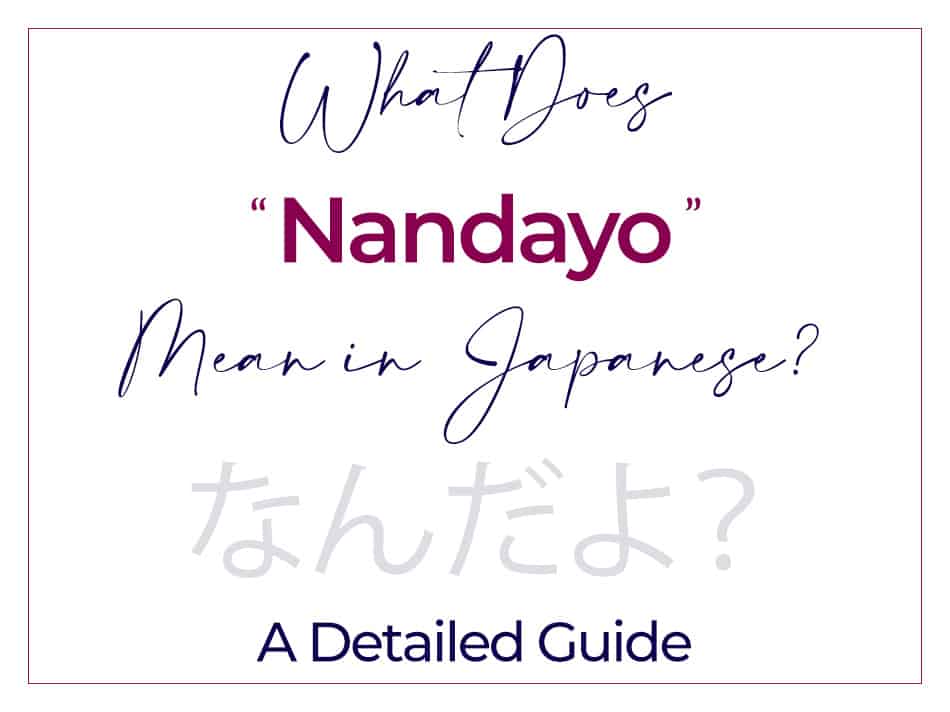



What Does Nandayo Mean In Japanese A Detailed Guide Alexrockinjapanese
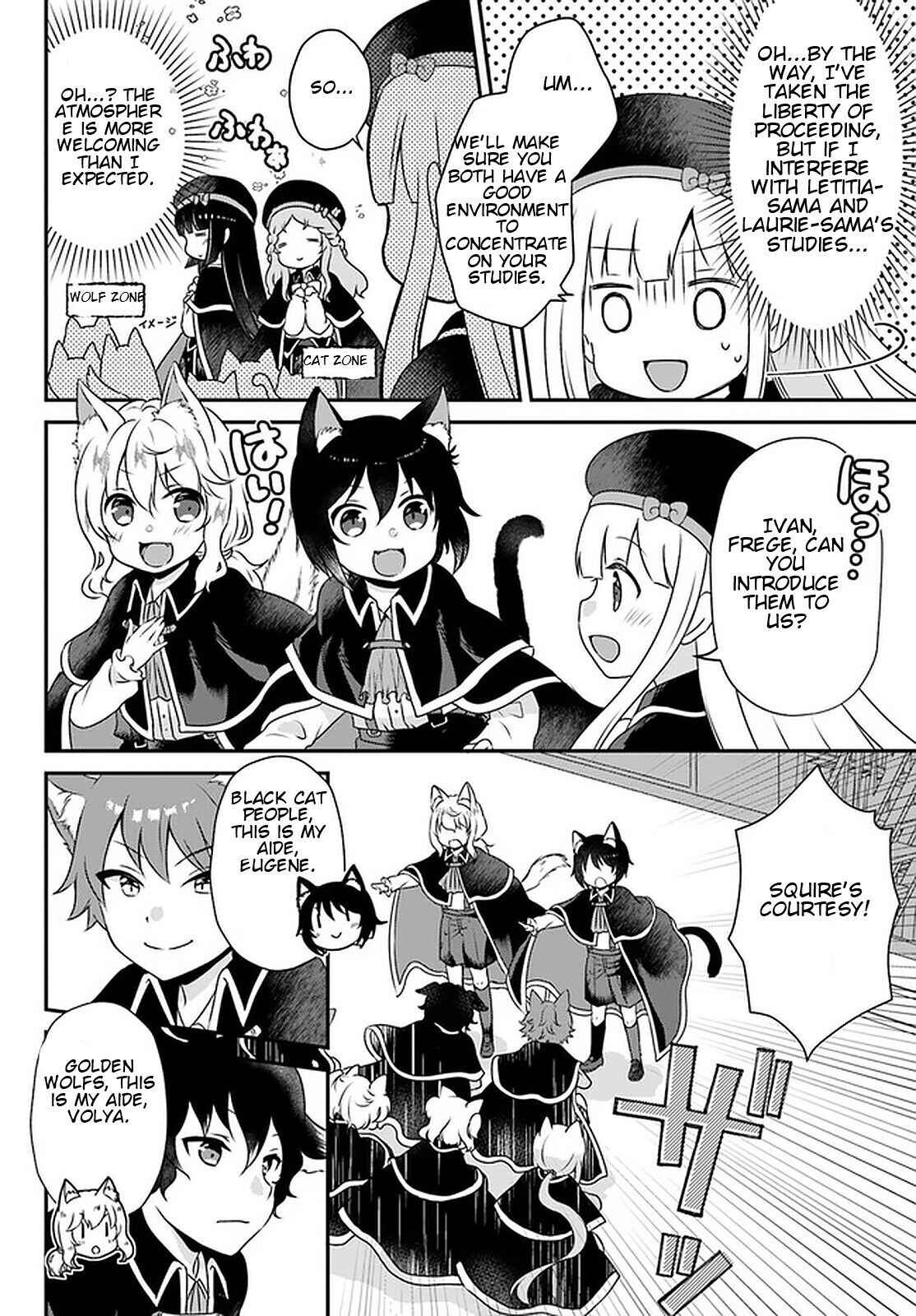



Tensei Shitara Otome Game No Sekai Ie Majutsu Wo Kiwameru No Ni Isogashii No De Sou Iu No Wa Kekkou Desu Chapter 10 2 Kuma Translation



To Foreigners Learning Japanese Teaching You Vocabulary As Versatile As Mayonnaise Goin Japanesque




Jlpt N2 Grammar とも Tomo Meaning Jlptsensei Com
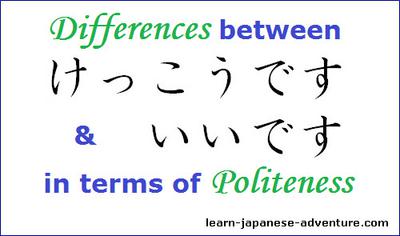



Is There A Difference In Politeness And Meaning Between Kekkou And Ii



Fira Yokoso To Funabashi 9 Japanese Expression



To Foreigners Learning Japanese Teaching You Vocabulary As Versatile As Mayonnaise Goin Japanesque




O Genki Desu Ka What Does It Mean In Japanese Coto Japanese Academy
コメント
コメントを投稿